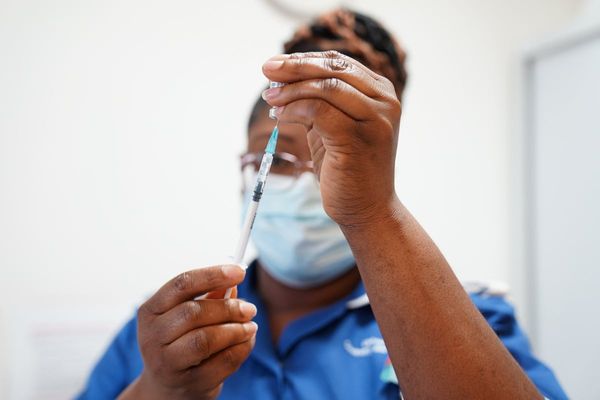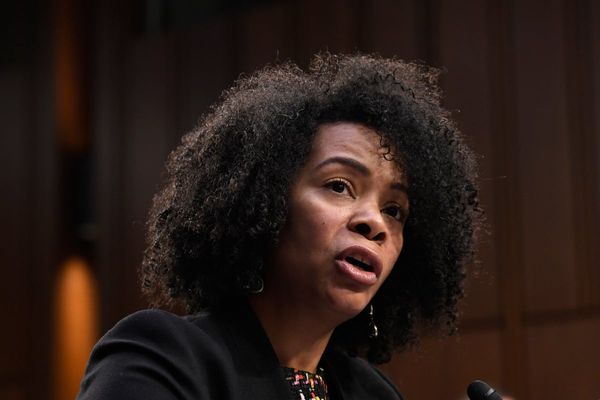Rooney: Teenage Kicks is the first comprehensive biography of former Everton player Wayne Rooney’s career.
Wayne Barton’s book contains brand new stories and exclusive new insights plus unique archive images with its release coinciding with the Amazon Prime documentary Rooney out this month.
A teenage prodigy who was both a maverick and one of a kind, Rooney became a record-breaking goalscorer.
His genius was evident from the early days he kicked a ball around the playing fields of his Merseyside home and he carried that instinctive talent from the streets of Croxteth to the biggest football arenas in the world.
Now, just over 12 months after he called time on his remarkable playing career, Rooney: Teenage Kicks chronicles the complete story in detail, from his early days making his mark on Everton’s books through to his coronation as the all-time leading
goalscorer for England and Manchester United.
Over the next couple of days, the ECHO are serialising extracts from the early chapters that chart home-grown hero Rooney’s rise to stardom with the Blues.
Senior debut… but still a street footballer
Two days before the first game of the season, Moyes informed Rooney that he would be starting against Spurs on Saturday, as Duncan Ferguson was injured.
On the morning of the game the nervous teenager ate beans on toast before being driven to the stadium by his dad.
After years of watching his idols walk out onto the pitch, the unthinkable was about to happen.
Rooney played as the number 10 behind Kevin Campbell, though he was wearing number 18 – the shirt recently vacated by Paul Gascoigne.
His performance was promising if unspectacular; with 10 minutes to go to half-time, the youngster laid the ball on to Mark Pembridge to score.
Spurs, though, were unwilling to lay down and play along with Rooney’s fantasy and, following some close attention at set pieces, Moyes substituted the 16-year-old midway through the second half.
Rooney earned a standing ovation, and though he was two weeks too late to beat Royle’s record, it was obvious that he wasn’t in the team just as a novelty. The game ended 2-2.
After the match, Rooney didn’t go to the players’ lounge – he was still so new to the process he didn’t know what to do, so instead he met up with his dad and got a lift home, via the pub, as per Wayne senior’s post-match routine.
A few hours after making his Premier League debut, he was on the street outside his house kicking a ball with his friends.
Rooney was on the bench for the following game with Sunderland but came on towards the end; this was the pattern deployed by Moyes as Rooney played from the start in the home game against Birmingham but was again a late sub at Manchester City and Southampton.
Those last two away games had been defeats, the positivity of the start of Moyes’ reign had subsided and having engineered a momentum boost by introducing young players, the manager now had to build something of substance.
So Rooney was named on the bench for the visit of Middlesbrough but when the first half ended 1-1, the youngster was brought on to provide some inspiration.
He was booked after three minutes for clashing with Boro keeper Mark Schwarzer but went on to have a few positive contributions – one run down the entire right side of the pitch brought the crowd to its feet, and in truth, it was reinvigorating the Goodison support that Rooney had his most tangible effect.
Fourteen minutes from the end, Kevin Campbell grabbed his second goal of the game to decide the points, and afterwards, Moyes was keen to play down the influence of the substitute.
“He helped it a lot but we had to let one or two know at half-time they had to do better,” he said.
“Wayne just loves to play football. He wants the ball all the time. But I’m not going to have the Wayne Rooney show. He is actually a shy boy. He wants to play, enjoys his football – as long as we don’t expect too much too soon.
“He’s very quick and strong for his age. The problem for Wayne is understanding that you’re not up against 16-year-olds and can beat eight men and score. These are top-quality players.
"But I’m certainly not going to knock that attitude out of him. I want him to do that but I also want him to understand the game, which will only come with time. The other lads are all looking after him and I’ve told them to make sure he’s tucked up in bed nice and early.”
The acclimation to playing professional football before he was actually a professional was a difficult process.
“He got used to it very quickly though,” Nick Chadwick says.
“It felt like the entire football club took him under their wing. The senior players were quick to protect him. The naivety helped him, 100%.
"He was just playing football. That’s what the people connected to. They could relate. It was just a Scouser off the streets playing for Everton.
"The fact that he’d play with the Everton first team in the morning and then do exactly the same with his mates at night on the streets of Croxteth.
"I know David Moyes was always on at him to stop doing it. The penny began to drop, the more people told him you didn’t expect to see Premier League footballers hanging around the streets of Croxteth at 9pm the night before a big league game.
"He was just a lad, just a teenager, kicking a ball around, getting into mischief and playing for Everton.”
Rooney: Teenage Kicks, published by Reach Sport, is on sale now with 25% off from reachsportshop.com (only £15).







